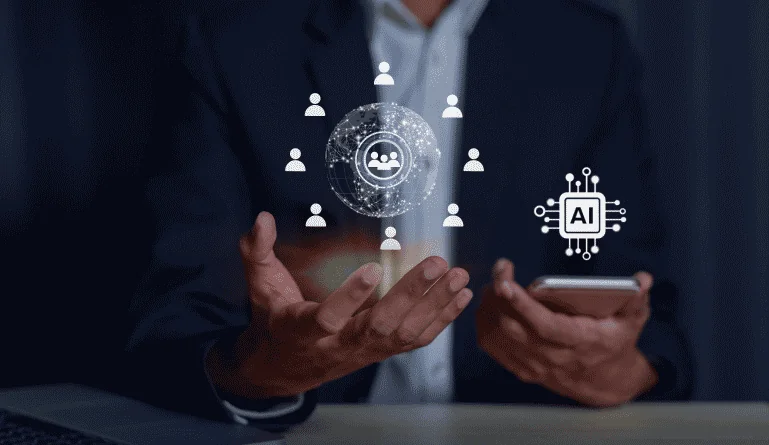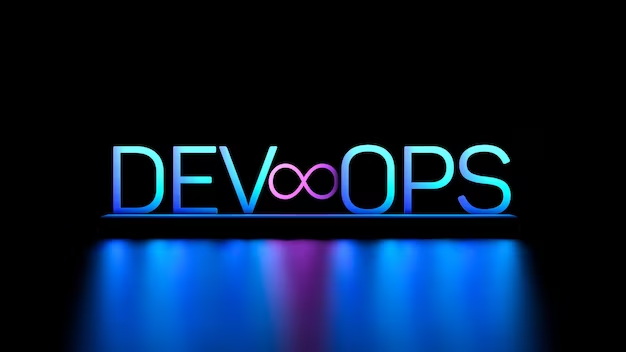Artificial intelligence (AI) is transforming human resources, particularly in recruitment. Traditionally, hiring has been a time-consuming process, involving manual screening of resumes, conducting interviews, and coordinating with various stakeholders. AI, however, is automating and streamlining these tasks, making recruitment faster, more efficient, and data-driven. This technological shift is helping companies find the right talent with greater accuracy while reducing human bias and administrative burdens.
One of the primary ways AI is streamlining recruitment is through the automation of resume screening. With AI-driven tools, recruiters no longer need to manually sift through hundreds or even thousands of applications. AI can scan resumes for keywords, qualifications, and relevant experience, quickly identifying top candidates based on predefined criteria. This allows recruiters to focus their attention on a smaller pool of highly qualified candidates, significantly reducing the time-to-hire.
AI also plays a key role in the interview process. Companies are increasingly using AI-powered chatbots to conduct initial screenings, asking candidates basic questions about their experience, skills, and availability. These chatbots can operate 24/7, providing a seamless experience for applicants while ensuring that no candidate is overlooked due to human error. In some cases, AI-driven video interview platforms can even analyze a candidate’s facial expressions, tone of voice, and word choice to assess their suitability for a role.
Predictive analytics, another AI-driven advancement, is helping HR teams make more informed hiring decisions. By analyzing historical hiring data and employee performance metrics, AI can predict which candidates are most likely to succeed in a given role. This data-driven approach allows companies to make smarter hiring decisions, reducing turnover and improving long-term employee satisfaction.
Despite these advantages, the use of AI in recruitment raises important ethical considerations. There is growing concern about AI perpetuating biases present in the data it is trained on. For example, if an AI system is trained on historical hiring data that reflects gender or racial biases, it may continue to favor certain demographics over others. Ensuring that AI systems are transparent, fair, and regularly audited for bias is crucial to building an equitable recruitment process.
AI’s impact on recruitment is undeniable, making it a critical tool for modern HR departments. By automating repetitive tasks, improving candidate selection, and enabling data-driven decision-making, AI is reshaping the recruitment landscape, making it more efficient and effective than ever before.
By Our Media Team
Our Editorial team comprises of over 15 highly motivated bunch of individuals, who work tirelessly to get the most sought after curated content for our subscribers.




